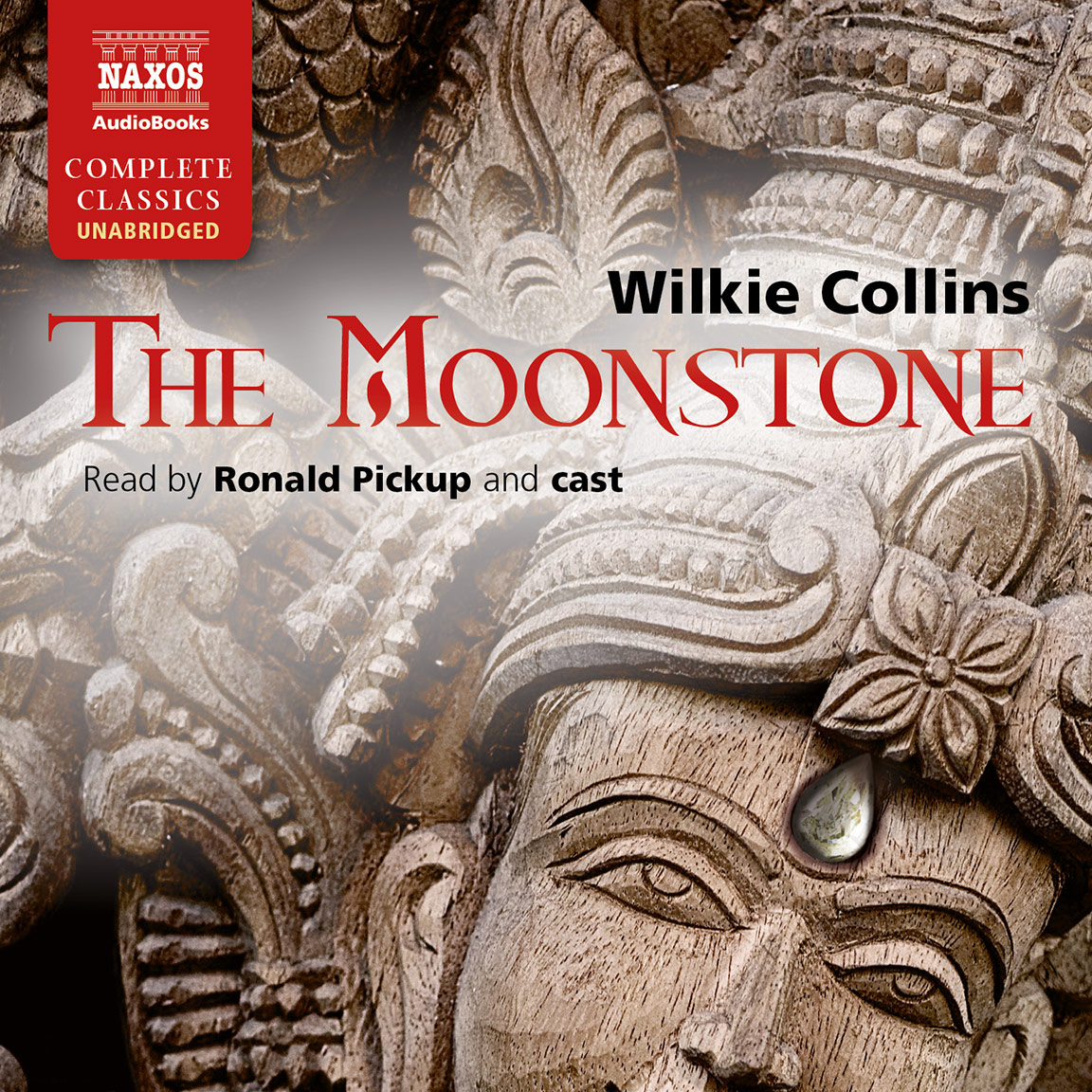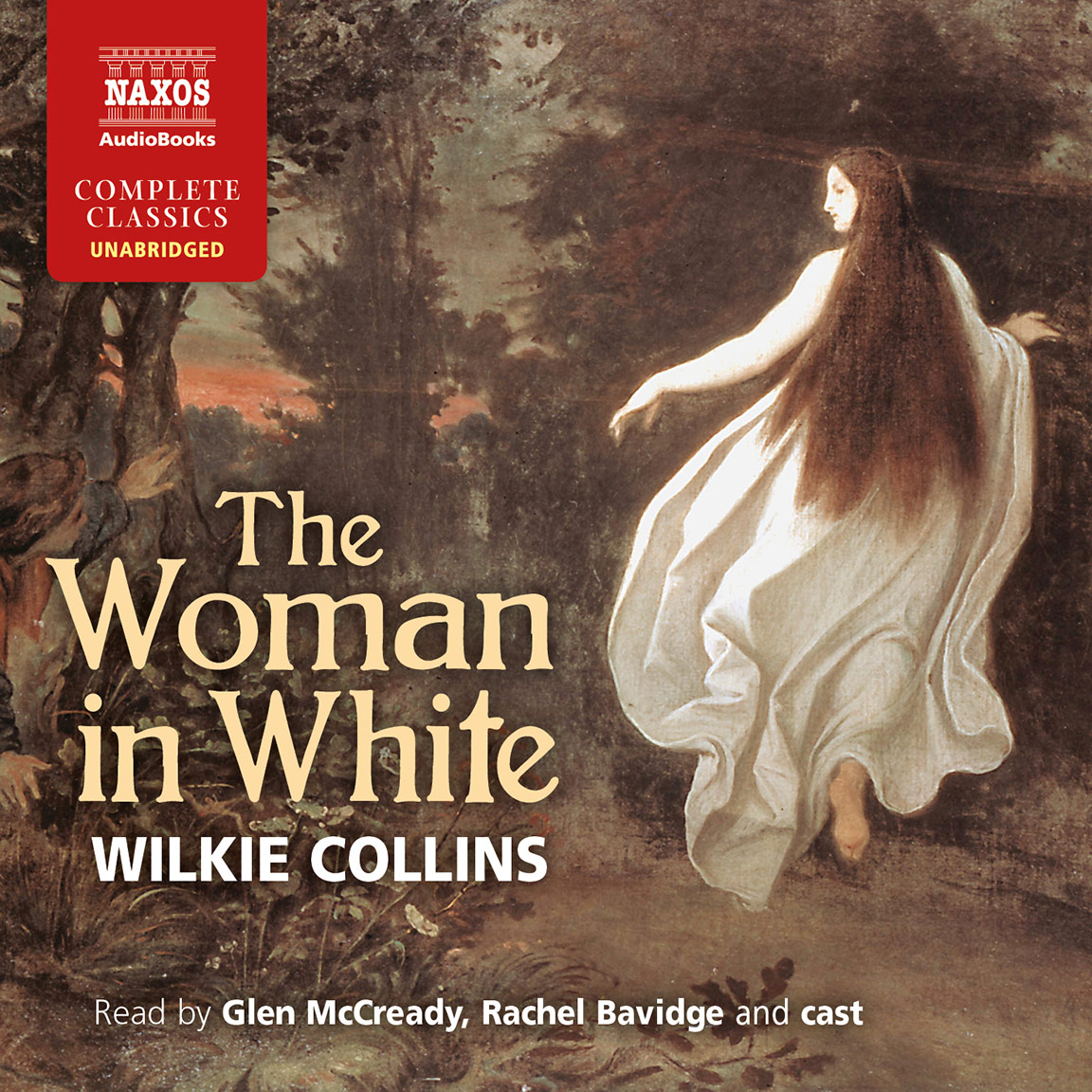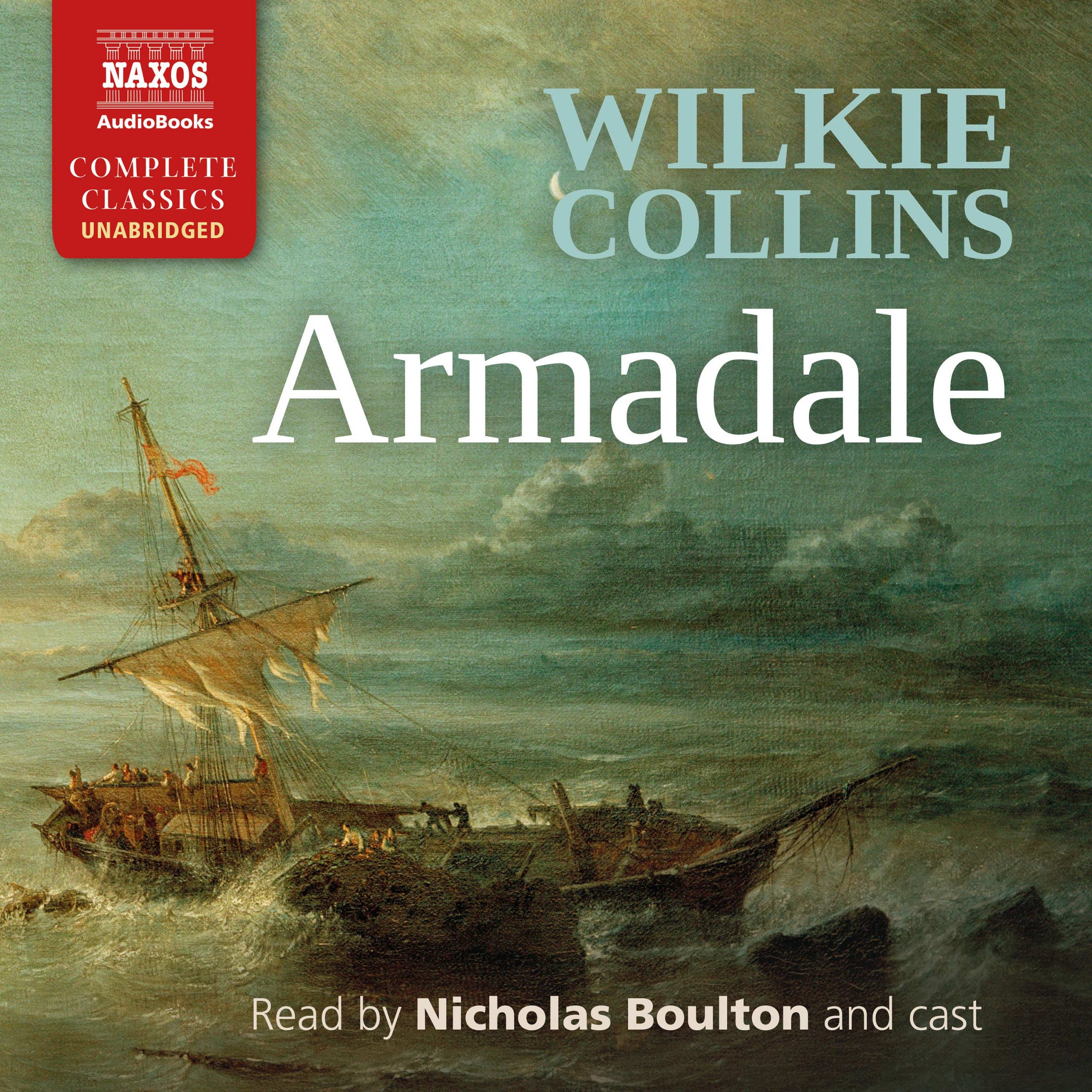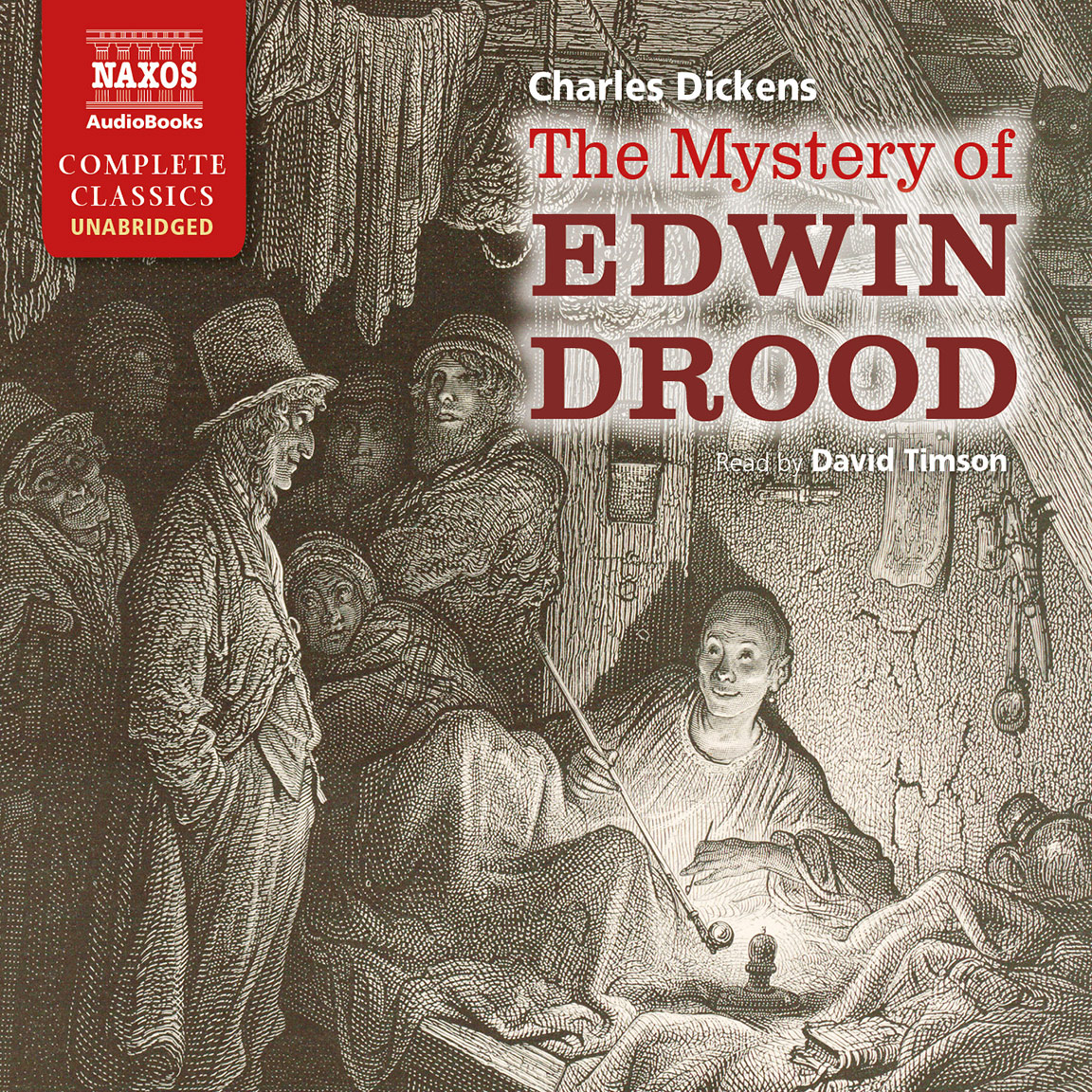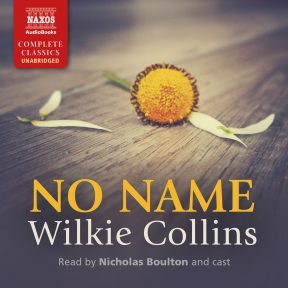
Audio Sample
Wilkie Collins
No Name
Read by Nicholas Boulton with Rachel Atkins, Russell Bentley, John Foley, David Rintoul & Lucy Scott
unabridged
Magdalen and Norah Vanstone have known only comfort and affluence for their entire lives. Orphaned suddenly following the unexpected deaths of their parents, the illegitimate sisters find themselves flung into the other extreme of living: their father had neglected to amend his will following their parents’ recent marriage, leaving them with nothing, and their bitter, estranged uncle, the legal inheritor of the family fortune, mercilessly refuses them support. They have no money, no rights and no name. Norah, the elder of the two, looks for work as a governess and accepts her fate. Fiery and headstrong Magdalen, however, does not. She vows revenge and schemes a series of traps to recover the fortune, no matter the cost…

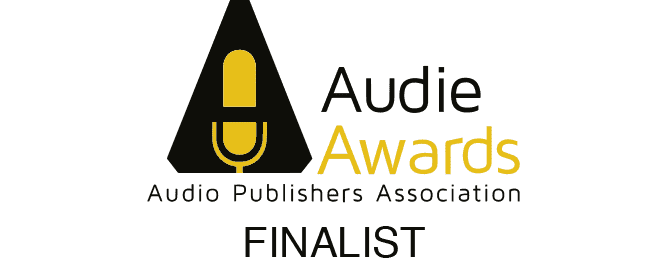
-
Running Time: 27 h 21 m
More product details
Digital ISBN: 978-1-78198-274-7 Cat. no.: NA0415 Produced by: John Foley Edited by: Andrew Riches BISAC: FIC004000 BIC: FC Released: June 2020 -
Listen to this title at Audible.com↗Buy on CD at Downpour.com↗Listen to this title at the Naxos Spoken Word Library↗
Due to copyright, this title is not currently available in your region.
You May Also Enjoy
Reviews
Winner of AudioFile Earphones Award
Any fiction fan should listen to at least one Victorian novel every year. More the better if the primary narrator is the talented Nicholas Boulton, whose ability to mimic the elite and humble, and capture their cadence and tone is unrivalled. His subtle inflections shape this long but satisfying performance. The stalwart cast transports listeners to 1840s London and the countryside. Like his friend Dickens, Collins writes in torrents of descriptive prose and crafts a clever plot. Two orphaned heroines, Magdalen and Nora Vanstone, are central to the story, which concerns illegitimacy. The novel is filled with unforgettable characters; especially memorable are Horatio Wragge (Rag), an endearing scoundrel, and his long-suffering giantess wife, who figure prominently.
A.D.M., AudioFile
Published in 1862, between The Moonstone and The Woman in White, I think Wilkie Collins’s much less well-known ‘sensation novel’ No Name is far superior and much more rewarding. With the chapters headed and shaped as acts in a stage play of intrigue and drama, all of its 27 hours are totally absorbing. The cast is brilliant (as would be expected from Naxos) and contributes hugely to the theatrical listening enjoyment.
It is read these days probably primarily as an example of Collins’s way-ahead proto-feminism with his creation of a defiant, brave, independent, creative heroine in Magdalen Vanstone, and in his portrayal of women whose lives were blighted by poverty and or pregnancy. The book is all these things, but also a huge amount more is plaited and entwined into the tightly woven complex plot.
Norah and Magdalen Vanstone are left with ‘No Name’ after both their parents die suddenly and the girls find that they have nothing. Their parents had in fact married only just before their deaths and Mr Vanstone had been killed before he could have his new will signed – so all goes to his hated brother, the girls’ uncle, who refuses to help his illegitimate nieces left with ‘no name’, no home and no money.
Norah resigns herself to becoming a governess, but feisty Magdalen embarks on a mission to retrieve the money rightfully belonging to her sister and herself. It is Magdalen’s outlandish adventures which fill the chapters. Wilkie Collins himself kept two households with two ‘wives’ and illegitimate children unknown to one another for 30 years, so the major theme of disguise and duplicity is no surprise and appears in many intriguing forms throughout Magdalen’s adventures including marriage on false pretences.
Collins is frequently compared to Dickens and although he is usually thought to be second to Dickens, I think he’s his equal. Collins’s women are deeper and more vital than Dickensian women and he doesn’t fall back on pure caricature. Collins’s range of themes and strands are staggering: the complexity of legal rules, particularly those governing wills and money, loom large; the theatrical flourish of physical dangers, cliff hangers and curtain falls at the end of chapters; villainy and swindling in all its forms including its exciting, charming faces; the snares of marriage; sea-faring and the psyches of retired sea captains; letters, correspondence, documents quoted in full relating events and feelings; secrets and discoveries; convenient deaths; the intricacies of detail in dress and manners; the inclusion of different social classes… and of course human love in its many heart-warming manifestations!
It’s a great 27 hours and makes a wonderful world to lose yourself in if you feel the need to escape our stressful world for a while.
Rachel Redford, Audible
